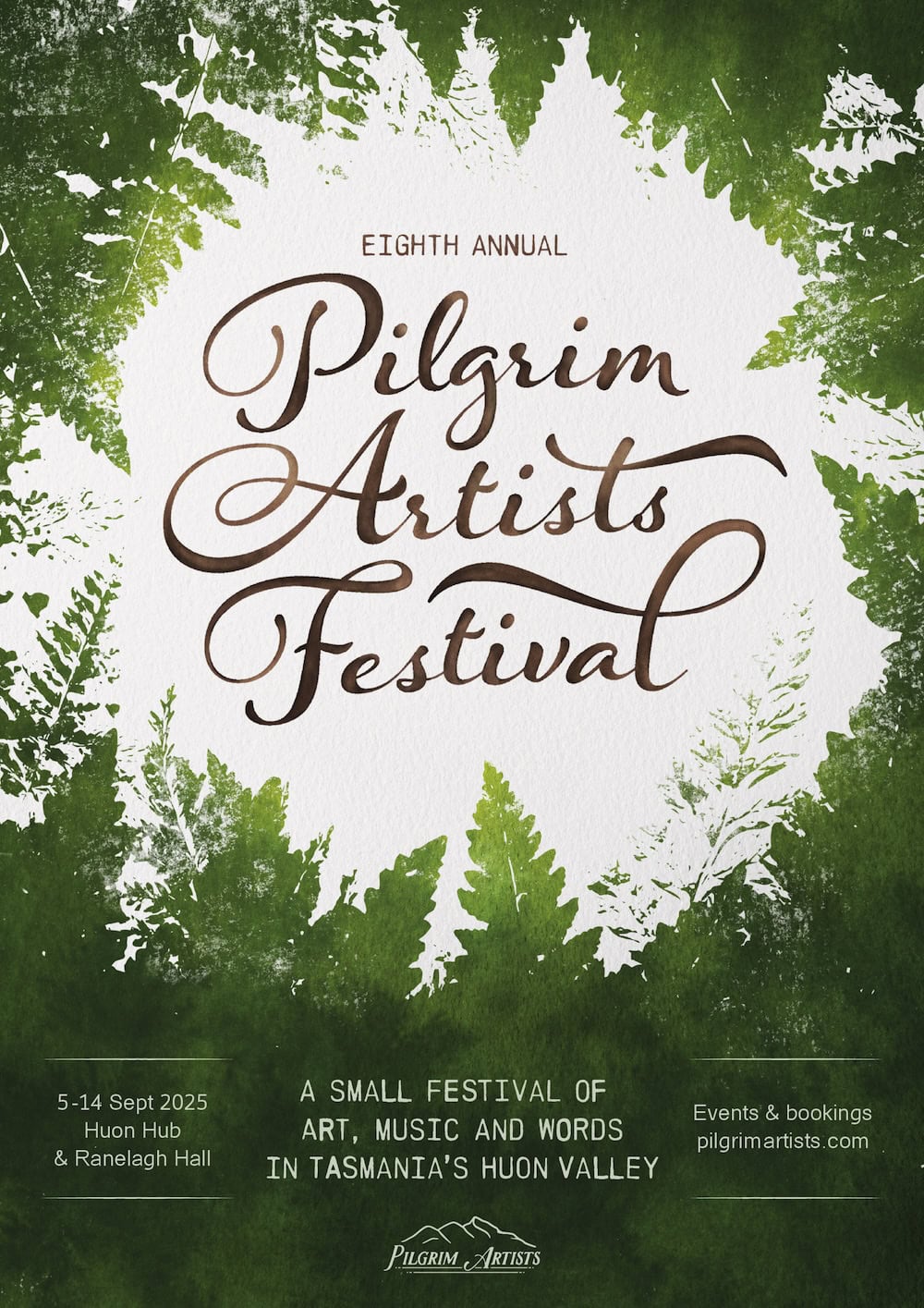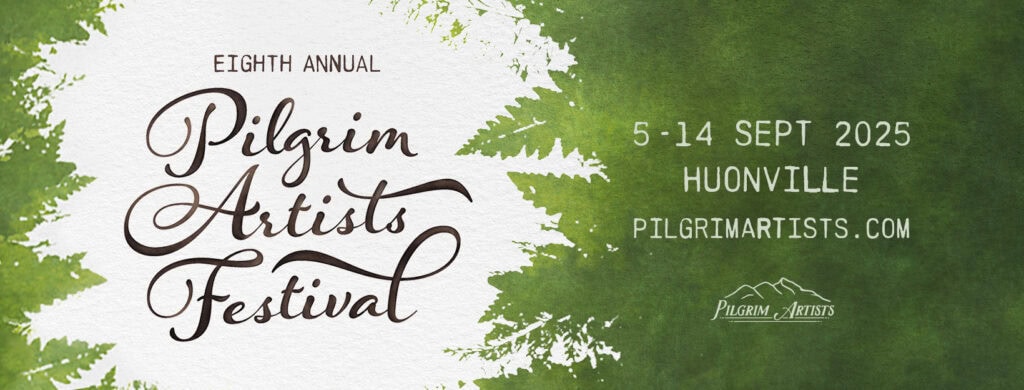2025 Youth Literary Finalists — Pilgrim Artists Festival
For our 2025 Pilgrim Artists Festival — our 8th small festival of art, music, and words — we invited writers young and old to submit works of fiction, non-fiction, and poetry on the theme: Remember
Below you'll find pieces by our child and teen finalists (in alphabetical order by surname); you can enjoy reading our adult finalists at this link; and if you'd like to compare with past winners, feel free to visit 2023, 2022, 2021 and 2019.
Writers for the 2025 festival had up to 500 words to explore our theme (Remember) from a Christian faith perspective. All entries were judged anonymously by a team of curators, who chose three finalists in each category and age bracket, for you the public to select a winner at the festival.
Child winners (under 13) are awarded the $25 Suzannah Rowntree Prize and teens (13-17) the $60 Dreamer's Prize or the $60 Married by Josh Prize in their category.
Fiction
Child Finalists
The Forest of Sorrow
By Peter Durdin
All I ever can remember is my mother. I am alone with her, in the forest. Until, one day, it happens.
"Mother," I ask, "how did we come here? Why do we live here instead of somewhere else?"
She sighs. "It has been a long time. I told you once, as a young child, that there were others. I don't know where they are. Your father's death left us in tragedy, and in my sorrow, I thought perhaps, that I could find them and lift our family burden. With you, as a very young child, I left our home to search for them. For years, I searched the forest in the dark. But I never found the borders. I grew weary. And then, I was lost. I never found the way. And you. You were beside me. I could no longer carry you. I wished for you to grow, worry free, with no responsibility, so I built us a home, in a clearing, away from the wild. And, for a while, you had the life I dreamt for you." She stands. "I still dream, but now, I dream only to return. To our family. For a while, I have thought, perhaps, I should ask that you would come with me to our older home. That you would search with me."
Her eyes plead with mine. I struggle with the whirling emotions in my heart, then, I smile, and walk towards the curtain. She follows, and smiles back. We leave. There is nothing there, anymore. Not for us.
We walk, through the stifling, deep darkness for days, in silence, eating what we find.
Finally, she speaks, "I wish that your father was with us." Then all of a sudden, she embraces me. "You are the only child one could ever wish for," she says. We walk. For days. She tells me stories of our home.
Then, it happens.
She sees a tree. She goes closer, and a small thought, from the back of her mind, comes to her. She remembers a step of her journey. She gasps. She points. "There," she says, simply. And there it is. A clearing. Her old home.
But something has gone astray. It is empty. No one is there. Only the ruins of a small house. Our family is gone. Her father and mother. After months of travelling, we find it was all in vain. Mother cries. I weep. All she remembers is gone.
And then, in our deep, burrowing sorrow, "Why do you cry?" a voice. "We thought you were dead. This is good tidings. Come follow."
We stand, blinking, clearing our eyes. Sun shines around us, unusual in the dimness of the forest. The speaker is gone, but his voice continues, growing further and further away. We follow the voice, winding into the forest. And as the sun grows stronger, we break into a run. And we come blinking into the sunlight, stronger then we have ever seen before.
Old Patricia
By Eowyn Koens
A boy swept his arm across his face, in some attempt to mop away the sticky sweat trickling down his forehead, yet his sweaty arm seemed only to contribute to the gushing river. Adam glanced up into the blindingly blue sky, squinting to shield his eyes from the light. He could hardly make out the sun, which was glaring harshly back at him. The boy sighed and, with determination far beyond what was expected of his mere 17 years, he knelt down on the concrete floor of the garage and pressed on with his work, despite what everybody else told him to do. Adam had witnessed the beginning and end of the sun’s journey. All in the same garage. All for his grandpa. Even with his grandpa lying sick in the hospital bed, he had to fix the old blue truck. Why was he still in the hospital? Adam wondered, bitterness choking his thoughts. The doctors had already said there was nothing they could do. If a man had to die, it should be in his own home, not in some clean, unfamiliar hospital. All of Adam’s family assumed that Adam was just too sad, insisting on fixing Old Patricia; but truthfully, Adam was clinging on to that one sliver of a hope, that hidden lie that if he fixed old Patricia, Grandpa would get better too.
That heavy, cold feeling crept into Adam’s heart, and it clung on like mud to a pair of new shoes. Think happy thoughts. He reminded himself halfheartedly. Adam had thought there were no more happy memories to hide behind, but now they flooded through him like slow, warm water on an icy day. Like those frosty winters when Grandpa would take him for drives deep into the evening. Every soft, delicate snowflake would press against the windows, often almost completely covering them. Those nights were the best. Sometimes, Grandpa would joyfully roll down the windows and allow the little flakes to sprinkle themselves all over Adam’s light hair. He could clearly remember the thrill of the rushing wind with the light dapples sprinkling his clothes.
The sun slowly lowered itself among the hills, ready to settle into its place on the horizon, yet Adam still worked. Doubtfully, he inched his way out from under the truck, and hopped into the driver’s seat, for perhaps he would never sit in the passenger seat again. Adam attempted to get the truck started, already having his hand on the door handle, ready to hop out to do more work, but the worn old truck coughed into life. Everything around Adam froze. He could feel nothing but victory. He imagined the pride that would shine from Grandpa’s eyes.
After basking in the warmth of triumph for a while, Adam hopped out to meet the figure approaching him. His mother, probably, calling him in for dinner. But no, the man coming towards him was living proof of miracles. Grandpa, with a childish grin sprawled across his face.
The Times to Remember
By Beatrice Vanderstoep
I remember things that other people don’t. I remember the times before my little sister was born. Even though that was only two years ago I remember it better than my parents and their friends. I try to tell my Mama’s friends, but they tell Mama I “have a good imagination” or “have a clever mind for writing stories when I am a big girl”. I try to tell my Daddy’s friends, but they say that they are talking of more important things and don’t have time for fantasy stories in schoolbooks. I know why they don’t listen to my ‘stories’. It is because I am telling them of the old times before the Now. The times when I was the littlest of the family. The times when Grama would take me to the round hill in the middle of the paddock at the back of the house which she shares with Grampa. Now she only sits in the rocker and plays with my sister’s toes. The times when Grampa and Daddy would take me to the playground on the other side of the street to Grampa and Grama’s place. Now he only tells Daddy “the last battle was here” pointing with his pipe to the place on the big map on the wall. The times when Mama and I would sit on the couch and read picture books just me and her. Now she reads them with my sister on her lap (which is not too bad but not the same as before). It’s not the same when Aunty Elley takes me to the shops. Now she has my little sister carrying the light things and the heavy things go into the trolley (but at least I get the things that she can’t reach). Uncle Jimmy doesn’t pick me up and spin me around anymore. He says I am too old for that kind of thing (but at least he doesn’t spin my sister for he understands the feeling of getting ‘left out’).
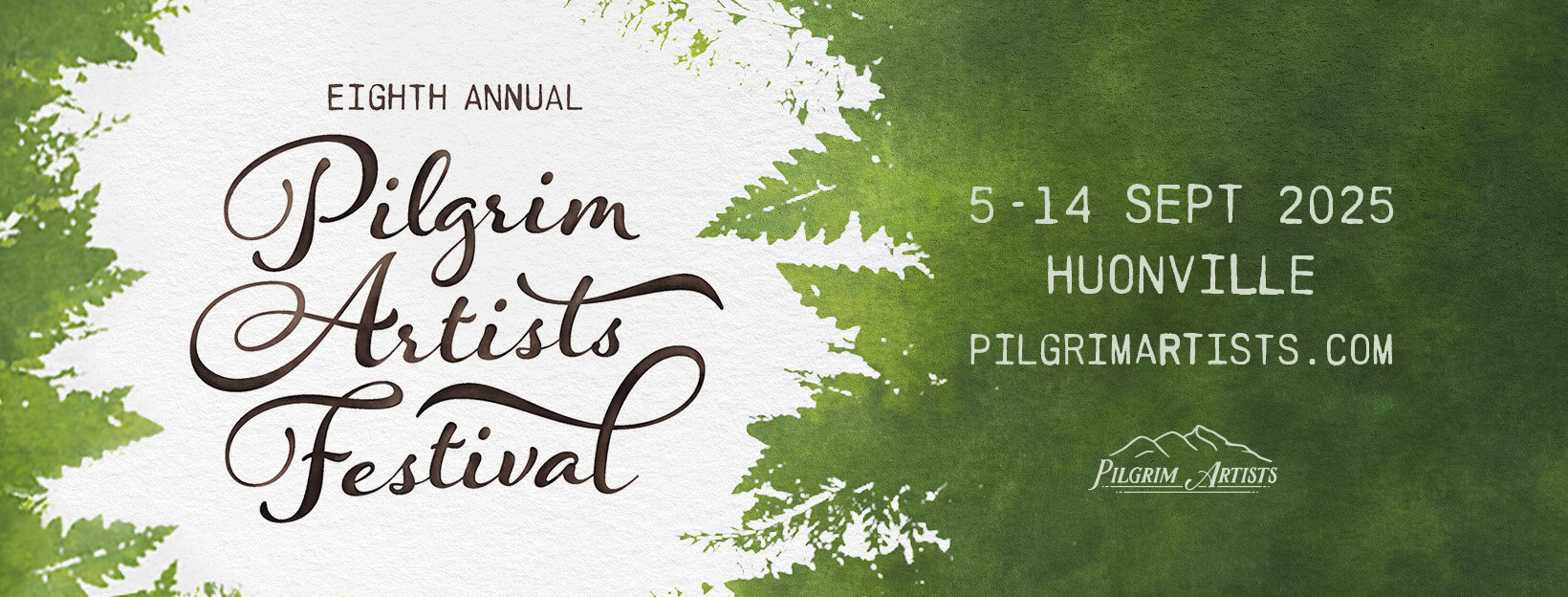
Non-Fiction
Child Finalists
We had no child finalists in non-fiction this year; we look forward to your submissions next festival.
Poetry
Child Finalists
Remember
By Gabriel H
I remember the idyllic lapping of the sea,
And the silkiness of the golden shore,
Welcoming me by the water’s quay,
Bringing back memories from before.
I remember the days of old, from long ago,
Those days, I yearn and treasure,
Twas I, youthful and effervescent before,
Flooding memories beyond measure.
I remember the race, the enterprise of life,
Never-ending, fleeting, like a passing breeze,
Whispers around of laughter and strife,
Stolen minutes, hours, days to appease.
I remember the treehouse, set high in the boughs,
My children’s caress, a refuge from outside,
Home, a place I could dust off my soughs,
Family, I leave my laden worries beside.
I remember the bay, with gentle blue waves,
Long, azure fingers that tickled my toes,
Sapphire arms, with comforting embrace,
Cradling me and the life I chose.
Now the race is far old, a piece of the past,
The treehouse abandoned, long gone,
The bay left desolate, empty, and vast,
For only then did it begin to dawn.
My solitude, secret indignity so sour.
I hide in the shadow of my drifting world,
I tell no one, for I fear my dour,
At me, this is what life hath hurled.
I no longer remember, the race, the tree,
The bay or the faces of the children I see,
Slipping out of grasp, like sand through my feet,
Left helpless, to forgiveness I plea.
Fragments around me, obliviously present,
Stolen memories, a devoted heart,
Scared, alone are visitors frequent
Dementia tore my life apart.
My eyes closed, I feel God’s loving arms,
His voice I hear, supreme in Paradise,
Bluebirds chirp, soaring over crimson palms,
I am going home at last, by sacrifice.
As I remember…
The Weight of Wood
By Olivia L
O Lord, you carried all our wrongs
You led us into your kingdom
You bore the cross, though it belonged
To us—yet you gave undeserved love
I remember the wood, the weight, the cry
The splinters pressed, curtain torn
Through pain, you still reign, You won’t die
Love expressed with thorns, yet love was restored
I remember the nails that pierced Your skin,
The world’s great burden dragging You low
But grace broke chains and cleansed our sin,
From death to life—Your mercy flows.
I remember the Earth shook, the sky turned dark
Even the sea respects your words
You died, you rose with light and spark
Chains are broken, freedom stirs
I remember one by one your people have come
In heaven, you are patient, waiting
The battles are gone, the grave is done
You welcome them with open arms, smiling
Our sin was washed away, made us clean
Now all the broken are made good
We can come to heaven, no death, no sin
Because you carried the weight of wood.
Remember What He's Done
By Riley L
Remember the garden—
morning light hung onto the dew
as though each droplet
contained a promise.
Remember the Voice
that spoke your name
long before you learned
what it felt like to cast a shadow,
before exile
had you tasting the dust.
Remember the wilderness—
manna drifting through dawn’s silence,
water struck from stone,
desolate places
where a hidden feast
lay just beneath the surface.
Remember the hill—
three crosses
anchored beneath a sky of bruised iron,
the earth still,
as heaven mourned.
Remember the dawn—
a stone rolled back,
linen laid folded in silence,
Christ stepping back into the world
He had re-made,
Death trembling into silence.
Remember the road home—
the unrecognisable Shepherd beside you
until the breaking of the bread
opened your eyes.
You are dust—
but not forgotten dust.
The sparrow’s fall is counted,
the lamb carried in His arms.
Your name is etched
where no eraser dare mark –
and this is why you must
remember what He’s done,
held in the hands of the One
who remembers you
beyond the garden,
beyond the grave,
into the dawn
where every promise is kept.
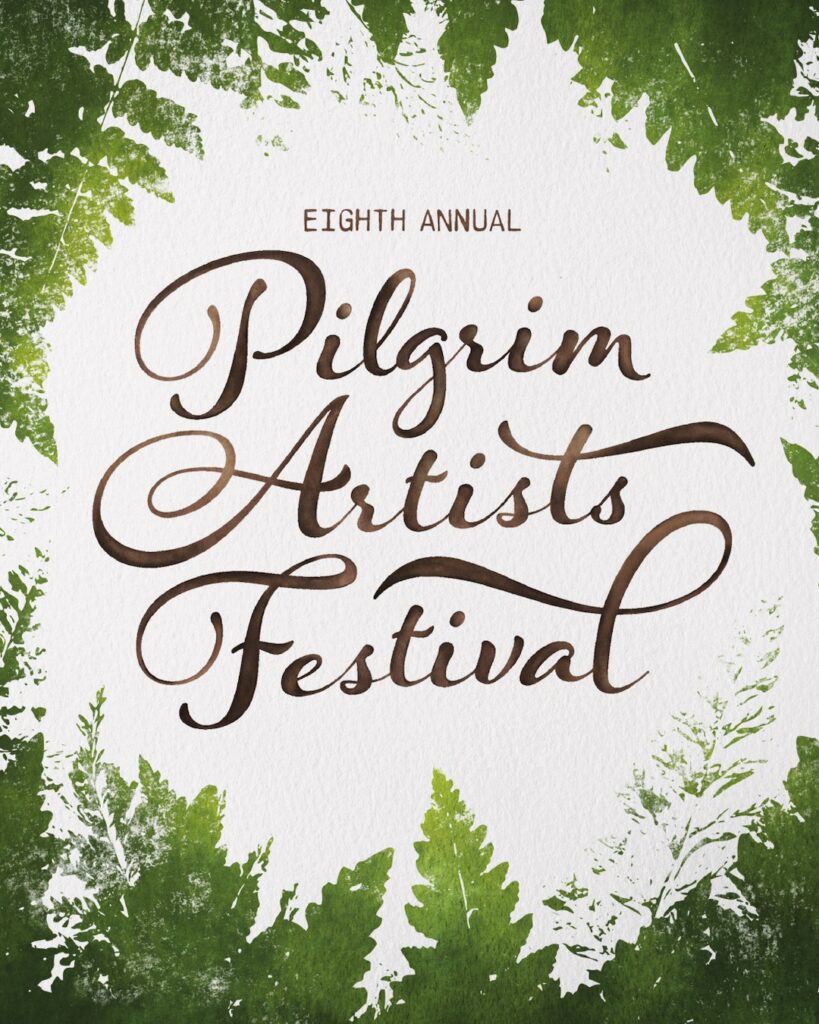
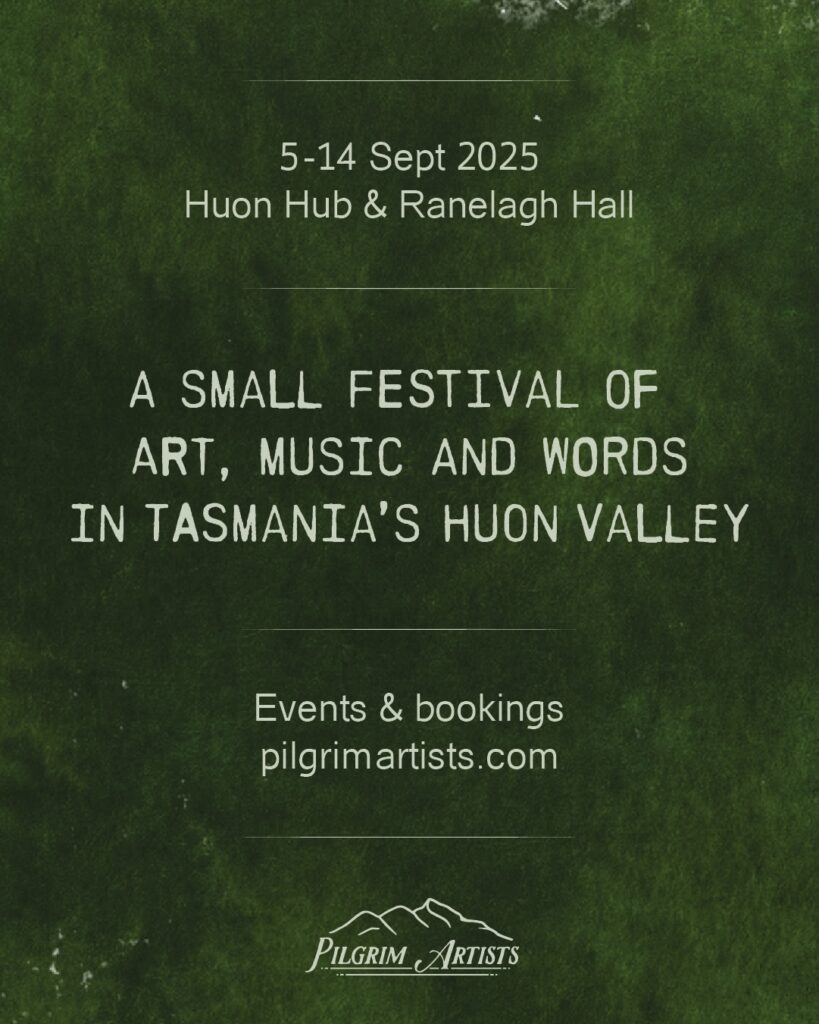
Teen - Fiction
Teen Finalists
The Kindest Memory
By Kate Belanszky
A shaft of feeble sunlight seemed to be fighting its way through the small window high in the wall. In that small ray of light lay an old man. He had been there too long, and knew he was dying. He could barely remember the world outside those walls, though every day he had tried to remind himself of all the things he used to love. His memory wasn’t as sharp as it used to be, and in some ways that helped him. But at this moment he wanted to remember, before he fell asleep. His mind seemed foggy, but then out of the gathering darkness, he remembered someone. In his minds eye he saw a young man, holding out a hand to lift him up. The old man now remembered that kind face. The face of a man who had been so much better than himself, who had looked after him like a son, even after all the prisoner had done. That old memory brought others, of the time he had spent with the man, of the guilt he had felt for ruining the life of one he now called a friend. But where his old friend was now, he didn’t know. Then he remembered the girl, her sweet little face crying in fear the only memory he had never forgotten. How could he ever be forgiven...But as the prisoner slipped into sleep, he remembered a tall building, its spire reaching up against a morning sky. He heard the tolling of bells, and the sound of people talking. He saw families, and the kind, forgiving young man among them. He remembered the time he had walked through those double doors with those kind people, how none of them had revealed him or turned him in. They had all protected him, even though he was a killer, and though he had not known then, soon to be a prisoner. They had loved him, and that was the last thing the prisoner remembered as he was finally freed. Freed from guilt, from memory, from pain, and the stone floor from which he could never rise.
14th December 1980
By Xavier P Lewis
Alice Gwillup grunted slightly in the summer heat as she squeezed out of her old, 1943 rusty Holden which was bereft of the back left taillight and leaked oil. Leaning far backward, she reached past the driver’s seat, onto the front passenger’s seat, and picked up her plastic, duct-taped walking stick. After checking that all the windows were rolled down and the car was locked, she walked down the avenue of trees. Her feet guided her towards the dilapidated farmhouse with its wood-paneled door hanging off the last of the rusty hinges, as if waiting for the order to fall.
Having passed by the house, Alice made her way down to the pasture covered in brown grass with cracks in the dirt, thirsty for rain, to the rotting grain silo leaning tipsily at an eighty-degree angle. The sheep and lambs that once scraped out a precarious survival here were long since sold to pay the bills or, as Alice’s family once called it, ‘passed away’. These were the same fields in which Alice and her siblings had once romped and played their games, games that would in today’s society be deemed ‘Dangerous’ and ‘Foolhardy’.
Though some people would have argued that the Gwillups should have been content with living as sharefarmers, the Gwillups would have debated the fact, backing it up by recounting their myriad of misfortunes. The elder children would have started with the forever looming threat of losing their farm, house, and livelihood, while the younger ones focused mainly on the fact that there was nothing to eat for dinner but potatoes, corned-beef hash, and cabbage.
If anyone had noticed Alice, they would have seen an old woman leaning heavily as if tired, on a walking stick. Her eyes looked out over an old farm evidently not in use, as was witnessed by the young eucalyptus tree growing out of the farmhouse’s living room window, and, in the kitchen, a bird’s nest in the forgotten cookie-jar. If they had been of a sentimental nature, they might believe that Alice was thinking about the farm and ‘the good old days’. But Alice was thinking more about the people who had lived there.
The Gwillups had chosen different paths after they left the farm: some of them got married, others found what jobs they could to make a living, and Alice, to the horror of her family, had become a newspaper reporter. Things were rough for a while, and then came the second World War. Alice Gwillup had believed that she had the chance of a lifetime to get a raise and a promotion. Then the unexpected happened: due to unforeseen circumstances the newspaper folded, and Alice was left practically destitute with only six dollars. She had been without a job for three weeks, before a friend had recommended her as a clerk to the storekeeper in town. It wouldn’t have been enough for most people, but Alice made it work.
Alice turned around and retraced her steps.
Home
By Hadassah Vanderstoep
When the ship pulled away from the quay, my heart cried out in anguish. I looked from the rail at the green sloping hills, at the familiar skyline. I felt torn in half, split through the centre of my being. I was being violently taken from all that made me happy; all that made me myself. I was leaving my homeland, the place where I had been born, the place where I had been a child. Father said we were leaving to find a better land, but no land was better than the one we belonged to, I thought.
The whole voyage I was sick in body and in mind. I was nursing an amputation, the stump that was all that was left of my heart. My younger brothers were as happy as monkeys in a cage. They had the run of the ship and made the most of it. They never closed their eyes, barely stopping to sleep, there was so much to see. But I did not want to see it. I just wanted to see my home.
And the worst of it was that I had chosen to come. I had no right to be homesick because I had willingly left my home to go make a new one. My heart felt betrayed. It stamped me ‘Migrant’ and accused me of having defected from my duty. It said I had left my post. It said I had deserted my country.
We got to America and I had to open my eyes. I began learning a new way of life, building a new home, and becoming a new person. We went to school and I made friends with children who had always lived in one city. They had never known hunger or poverty. They had never had to say goodbye to their whole family. I often felt older than them, but that was before I grew up.
While I lived in New York I stuck to my old culture as strongly as I could. I wrote my diary in my old language. I listened to Grandma on the phone talk about the old country. My brothers were too small, when we left, to remember anything. I told them everything that I remembered and sang them the songs that had been sung to me when I was a child. So that they can grow up to carry on our old life, with me.
For a while I thought I would be two people. I thought I would switch between being my old self and being my new self. But, as I grew up, my two lives merged. Half of my heart had been taken away and I had grown another half. But these halves became connected, and they made up one whole organ.
My memories of the healing time may be a patchwork of old and new clothes; but the quilt which they make covers my entire person, with room to spare.
Teen Fiction - Honourable Mention
Charlie and Hewy by Zachary G Lewis won the $75 Award for Fiction by University Students and Recent Graduates for placing the highest with our judges amongst those eligible.
Charlie and Hewy
By Zachary G Lewis
Charlie sat on the back steps letting dirt pour through his little five-year-old fingers to form a small mound in the sparse grass which tried and failed to cover the back yard. Hewy sat silently next to him and watched. Hewy was a good friend, a best friend, the sort that listens. No matter what was going on, Hewy would always listen to whatever Charlie had to say. And whenever Charlie needed help, Hewy was always willing to try. And although things rarely turned out as Charlie expected, it wasn’t Hewy’s fault.
Once Charlie was playing in the gutter making dams. His mother pulled him off the road as a lorry lumbered closely by.
She bent down to his height.
“Charles Ernest Langley, you know full well that you are not allowed in the street by yourself. How could you forget when I made it so clear? You could have been hurt.”
“But mummy, I did remember, and I wasn’t alone. I was with Hewy.”
Mrs. Langley looked sceptically at Hewy, who was covered in dirt, missing an ear, and admittedly not at his best.
“I meant,” said Mrs. Langley, as she stood up and took Charlie’s hand, “someone more responsible than Hewy. Now run along inside and clean yourself up. You look a fright.”
Charlie wanted to ask who could be more responsible than Hewy, but he knew that to argue further would be fruitless.
His reminiscences were cut short. The Langleys were going on a trip, and his mother reminded him that he had forgotten to pack. “Charlie, I got your clothes out for you half an hour ago. Wash your hands and when you finish packing bring your bag out to the car.”
“I have my bag already. Hewy and I are ready to go.”
“Charlie, there’s nothing in here. You didn’t pack anything important.”
“I remembered Hewy,” said Charlie softly as he went to go pack.
There are some things which are impossible to forget.
Teen - Non-Fiction
Teen Finalists
Empire
By Evelyn Baehr
The weather is beautiful here, and the breeze blows through the woods and the cane palace.
The weather is harsh and freezing and fires start from the rocket arrows and fragmentation bombs firing from the fortress.
There is the marble palace, and the cane palace, each beautifully crafted in their own ways.
There is no where to run nor hide, no place is safe.
In the mews are the hundreds of exquisite hunting birds belonging to the Kaan.
In the battlefield are the thousands of deadly weapons belonging to the desperate soldiers.
The Kaan rides his horse through the hunting grounds, his leopard following behind him.
A soldier runs from another man, shooting arrows every once in a while at his follower.
The Kaan spies a pleasing animal, and with a simple command the leopard has leapt forward and pounced upon, it ripping its head off, killing it devastatingly quickly.
The second man reaches the first, and stabs him near the heart, the man stumbles to the ground and is left to die in painfully slow agony, while watching his neighbours and friends die also.
The dead animal is taken, to be fed to the Kaan’s prized birds.
The woman and children are killed also, a punishment for their leaders not surrendering.
The Kaan holds great feasts, with thousands of people attending. His priests present a spectacular display of moving cups across the room without touching them.
Thousands of people die at the hands of the Mongols. Out of the hundreds of thousands of Chinese, there are only four hundred of them left in the whole city.
The Kaan sits with his family, drinking the milk from some of his 10,000 completely white sacred horses. This milk can only be drunk by the Kaan, his family, and a few select others. On the 28th of August when the Kaan leaves his summer residence, the 10,000 horses will be milked and that milk will be taken by the Kaan’s ‘priests’, who sprinkle it on the ground to appease the Air and Earth spirits. Then the Emperor leaves.
The defeat has been made, and the triumphant soldiers sit about their campfires in the newly-taken city. In the morning the bodies of the dead will be piled high outside the city, the pile of corpses reaching 40 feet high and covering nearly an acre of land. They will be sprinkled with dirt. And left as a gory reminder of what happens to those who do not submit to the Kaan’s rule.
Both of these stories are true, both are accurate depictions of the Mongol empire.
But they are so very different.
This was the Mongol empire, a dynasty that both destroyed whole cultures, and became a symbol of culture and wealth, a nation envied and abhorred.
A place of beauty and death.
The Playground
By Kate Belanszky
Years ago I spent every Wednesday playing with a large group of friends in a park. We sometimes went to different parks, and we would climb trees and play on the swings and do whatever kids 11 years and under do with themselves. I knew those days would never change, and still remember the many wild jaunts we all had, swinging as high as possible on the swings, climbing the Golden Elm tree, balancing on the fence to pick fluffy wattle flowers, collecting acorns and pretending to be squirrels. Then things started to change, as the kids weren’t all getting along so well anymore, and neither were the parents. But that wouldn’t mean anything would change. I didn’t want anything to change, and still thought that things could stay the same, that somehow I’d stay in that autumn playground all winter...that spring would come after the storms of change passed, and everything would be the same again.
Of course I was wrong again. Not that spring didn’t come after that winter of childish despair over the change that always comes and that I couldn’t see past.
As the group was slowly breaking up, and according to me all my good and irreplaceable friendships along with it, my family and I were also in the process of changing reasonably suddenly from heathens to Christians, which was further estranging me from my old friends in whose eyes I was suddenly even stranger than I always had been. I was always really weird, but now the situation was desperate as I was trying to grow into a young Christian woman, and they were leaving their young homeschooling days and wanting to go to school to spend time with other teenagers, and learn a bit about the world.
I tailed along with some of my best old friends, for some reason holding onto every string I could, as the gap between my family and their families grew more. None of us disliked each other, we just didn’t match anymore, and slowly drifted apart. There was a time when I realised that suddenly I didn’t really have friends anymore, or at least the kind of friends I had been used to. Somehow though, I found I didn’t really mind, although I remembered how we all used to play around and get on so well. I remembered those times, as I do now, as a wonderful few years, but somehow they don’t compare to the new friends I’ve made, and the new activities I do with them.
Now I still see friends on Wednesday, though a far different set of people. Not like the people I used to hang out with, and certainly not the kind of people I would have imagined, but I certainly welcome any change that comes, as I believe it will be for the good, and I know that I’ll remember these days just the same as I remember those days in the playground.
Teen - Poetry
Teen Finalists
Why?
By Betsy Hall
A question rings down, down through the deep ages,
Screamed by the widows and orphans and sages.
From birth unanswered and thrown to the sky,
From the depths of men’s souls comes a simple word, “Why?”
The pain of remembrance is sweet and yet sour;
The loss of a treasure in one fateful hour.
And men’s knees grow calloused and tear ducts run dry
For lack of an answer to that one question, “Why?”
Remember, remember? How could they forget?
That bittersweet flavour still lingers on yet.
And the memories spread like perfume or cancer,
As that one fateful question still rings on unanswered.
One stitch in a quilt work, one part of a whole,
So small, yet so needful, to perfect God’s goal.
And every small loss and each heartache and cry
Has purpose and meaning since Jesus is why.
Remember, remember? How could they forget?
That bittersweet flavour still lingers on yet.
Each memory in place and each tear in its section;
For God is the answer nobody can question.
Frozen, Not Forgotten
By Heidi Koens
Walking down this
Frozen path, beside faded footprints
Never to be filled. The silence
Seems louder, now that
Only I hear it.
The intensity of the sun has been
Diminished. No longer
Lighting up this winding path.
The wind only whistles
Songs with no tune.
The trees bare no
Bright leaves, only emptiness.
They say new life will come,
The world filled with light
Again. But seeing these
Forsaken flowers and
Gelid grass,
Showing no colour, I wonder
If it really will.
I Look Back
By Ashish Varghese
I look back on where I fell
It was there I learned to walk.
I look back on where I stuttered
It was there I learned to speak.
I look back on where I played the wrong notes:
But now I can play symphonies.
I look back where I fell blinded:
But only thus could I see with clarity.
I look back on where I sang the wrong tune,
Out of time, without joy, in too many keys
But if I had never sung at all
I would not sing the songs I do.
I look back on where I struggled
To form words with my pencil
But now I use a pen and I
Write poetry with joy.
Without the falls, how can I walk?
Without the scribbles, how to draw?
I thank God for the failures, for
I otherwise could not learn.
All works on this page are copyright their original authors. The Pilgrim Hill Association Inc has been granted a permanent but non-exclusive right to publish these works. We hope you enjoy them.
Special Thanks
We are so very grateful to Suzannah Rowntree for sponsoring our child literary prizes. The teen literary prizes were sponsored by us at Pilgrim Artists.
